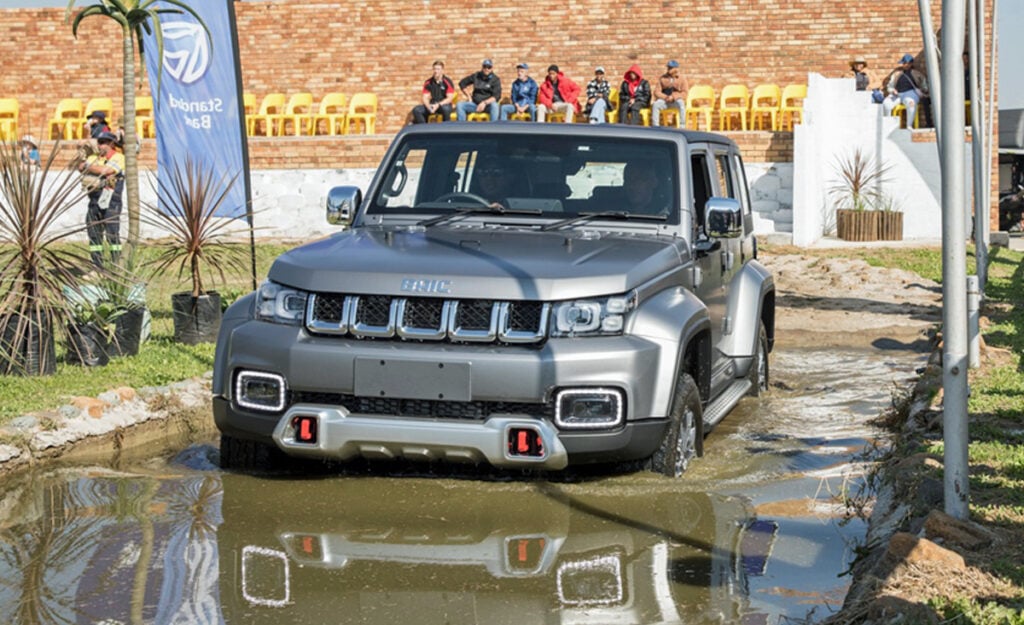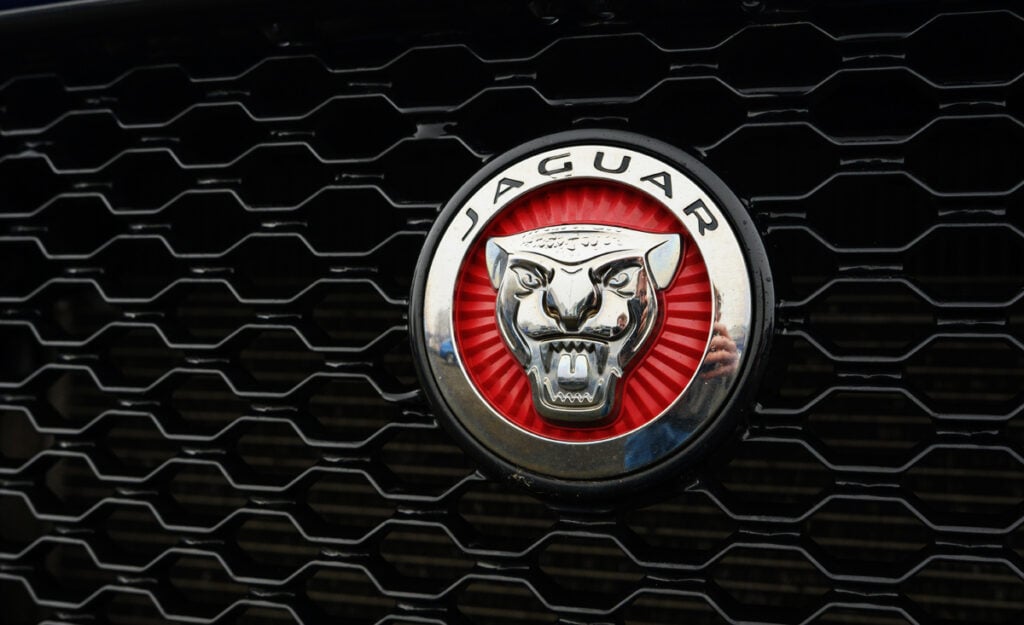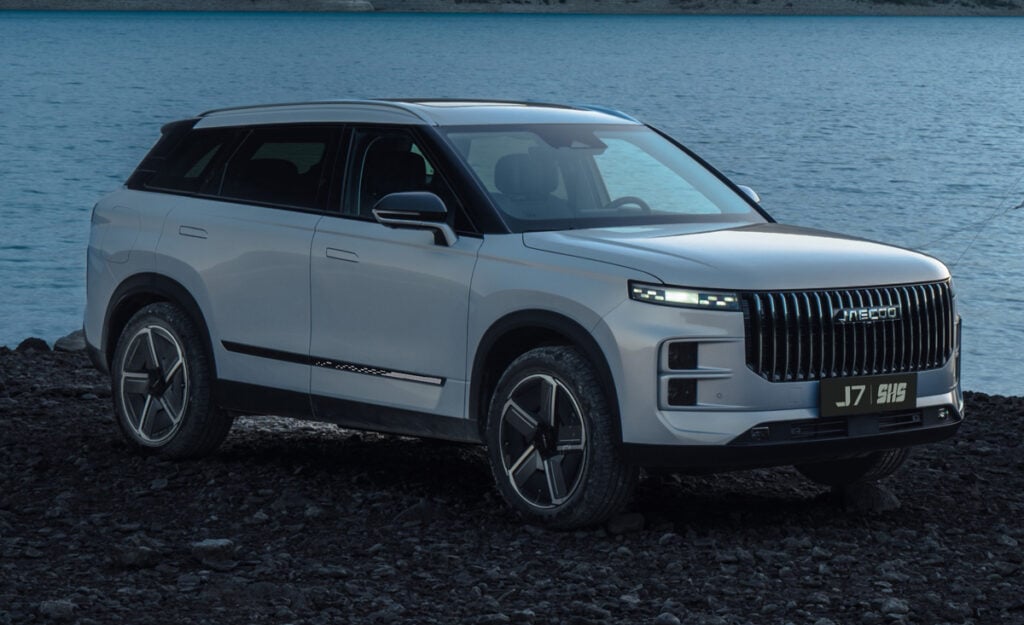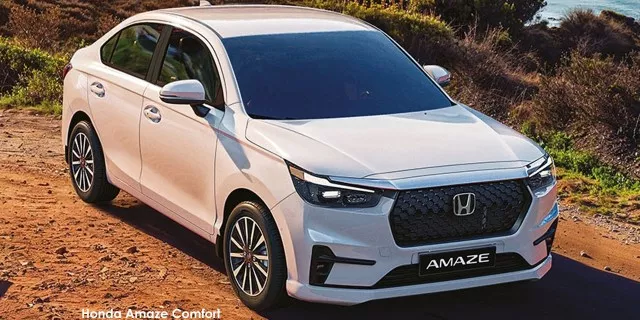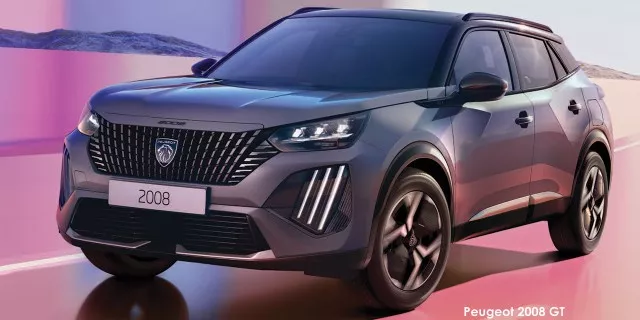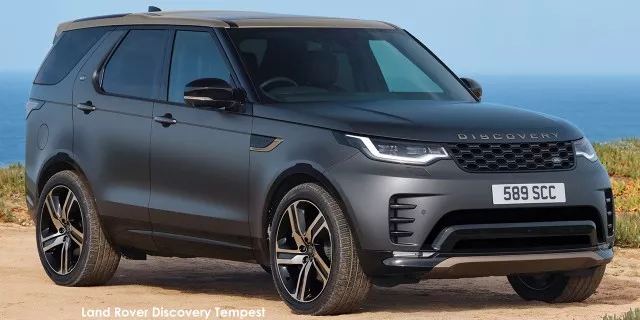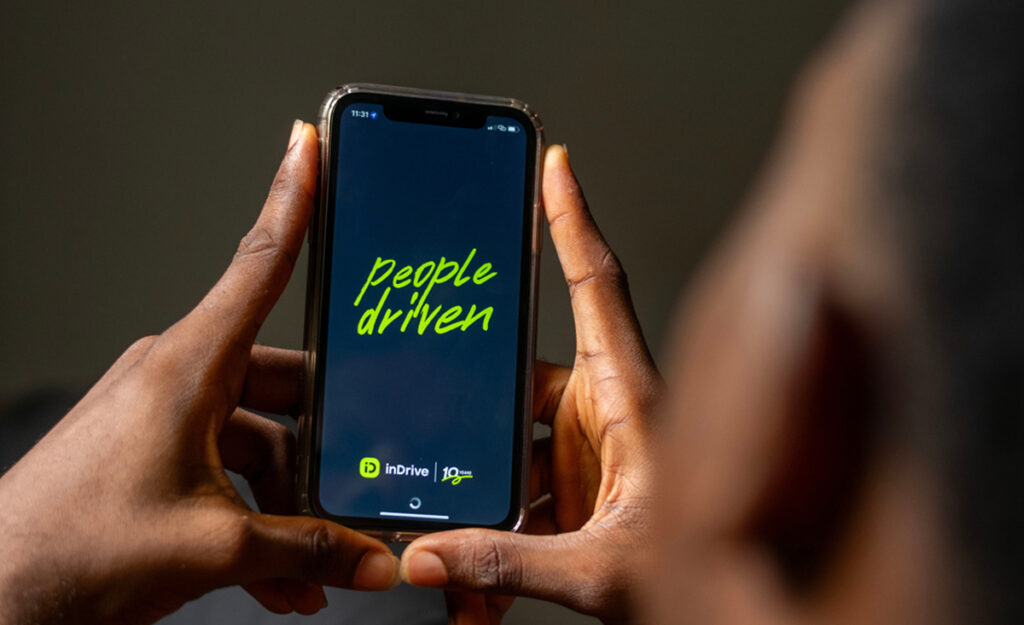
E-hailing platform inDrive is taking a stance against gender-based violence (GBV) in South Africa.
The company announced that to combat GBV, it will increase the number of female drivers on its platform.
It also said it will provide more transport options and economic empowerment opportunities for women, without going into detail about what these might be.
“With the Easter holidays approaching — a period that often sees an increase in GBV incidents — it is crucial to reinforce safety measures and strengthen community engagement,” said Ashif Black, Business Development Specialist at inDrive.
“This initiative aligns with the company’s broader mission to promote fairness and accessibility in the mobility sector.”
Beyond these commitments, inDrive is gearing up to launch additional safety initiatives in South Africa in collaboration with government and community leaders.
More details on these will be announced in the coming months, said Black.
Safety a main concern
inDrive is the latest company to address the growing issue of safety in the e-hailing sector, with tales of kidnappings, assaults, and muggings at the hands of e-hailing drivers and/or riders becoming more and more frequent in recent times.
The issue has seen the emergence of several new homegrown e-hailing offerings that emphasise passenger as well as operator wellbeing.
Shesha is one of these new entrants.
Developed in partnership with the South African National Taxi Council, Shesha launched in May 2024 and currently operates exclusively in Gauteng.
It has implemented measures like background checks on all drivers, comprehensive vehicle inspections, and user verification through the Department of Home Affairs in an effort to ensure safety on its platform.
Twytch, which only arrived on the scene a few months ago, has somewhat different means to achieve the same goal.
It employs blockchain technology to verify the credentials of both drivers and passengers using the app.
Each ride has a verified passenger and driver whose details are stored cryptographically on a decentralised blockchain, making the data impossible to forge or alter.
Therefore, should something happen on a particular ride, it knows exactly who was involved.
Meanwhile, new platform Wanatu guarantees a safe ride through the fitment of a dashcam, an inward-facing camera, GPS tracking device, two-way radio system, and panic button on all its vehicles.
Wanatu – a play on the Afrikaans term “waarnatoe”, meaning “where to” in English – launched in October 2024 and is currently only active in Centurion and Pretoria, though it intends to expand to more towns and cities in the near future.

